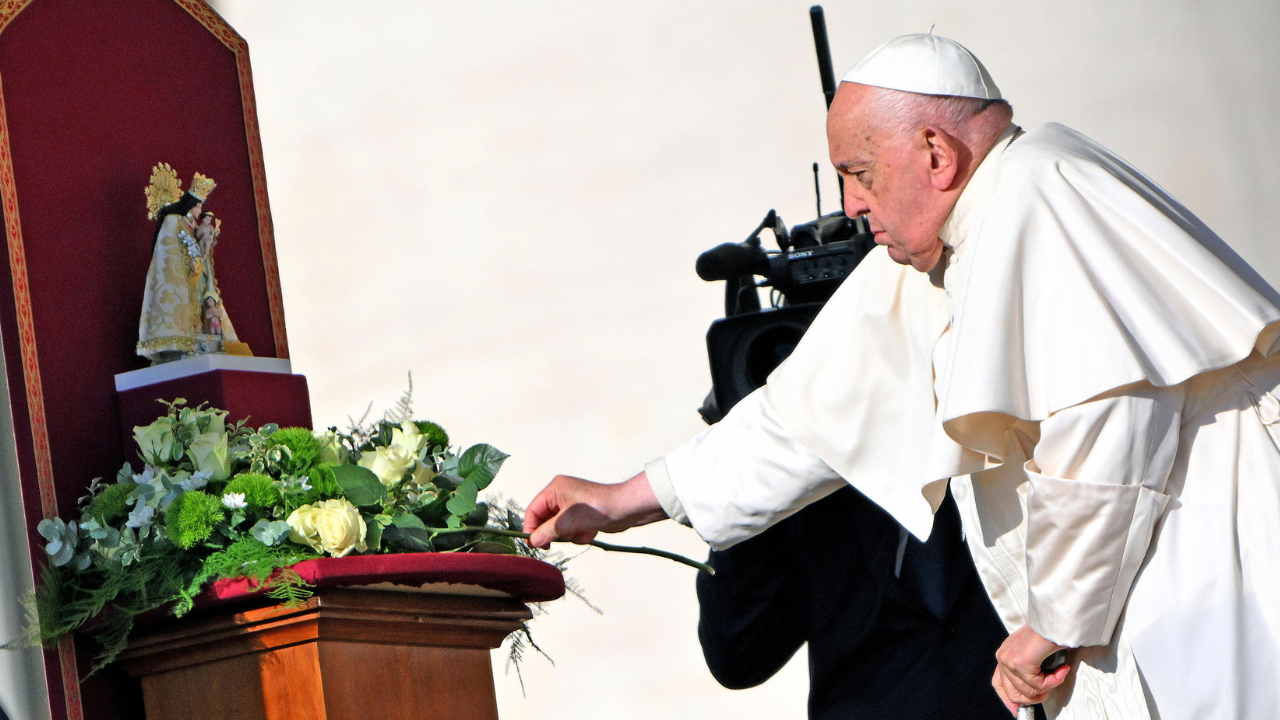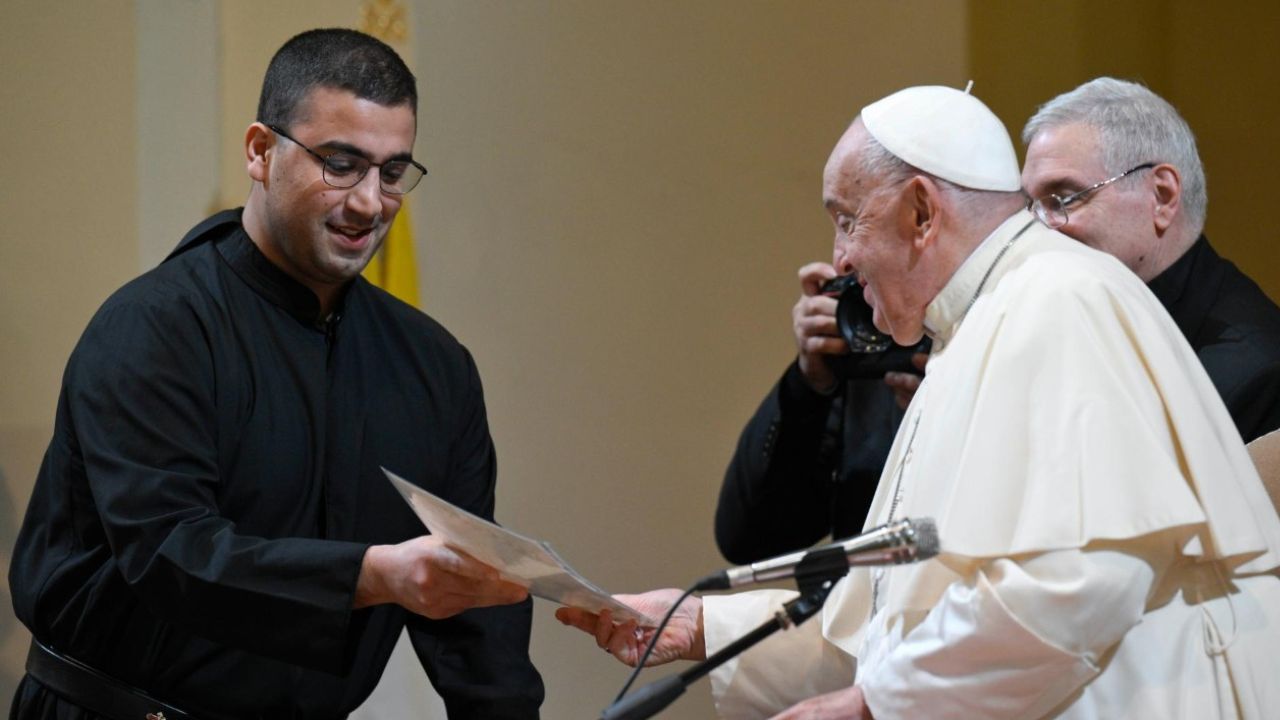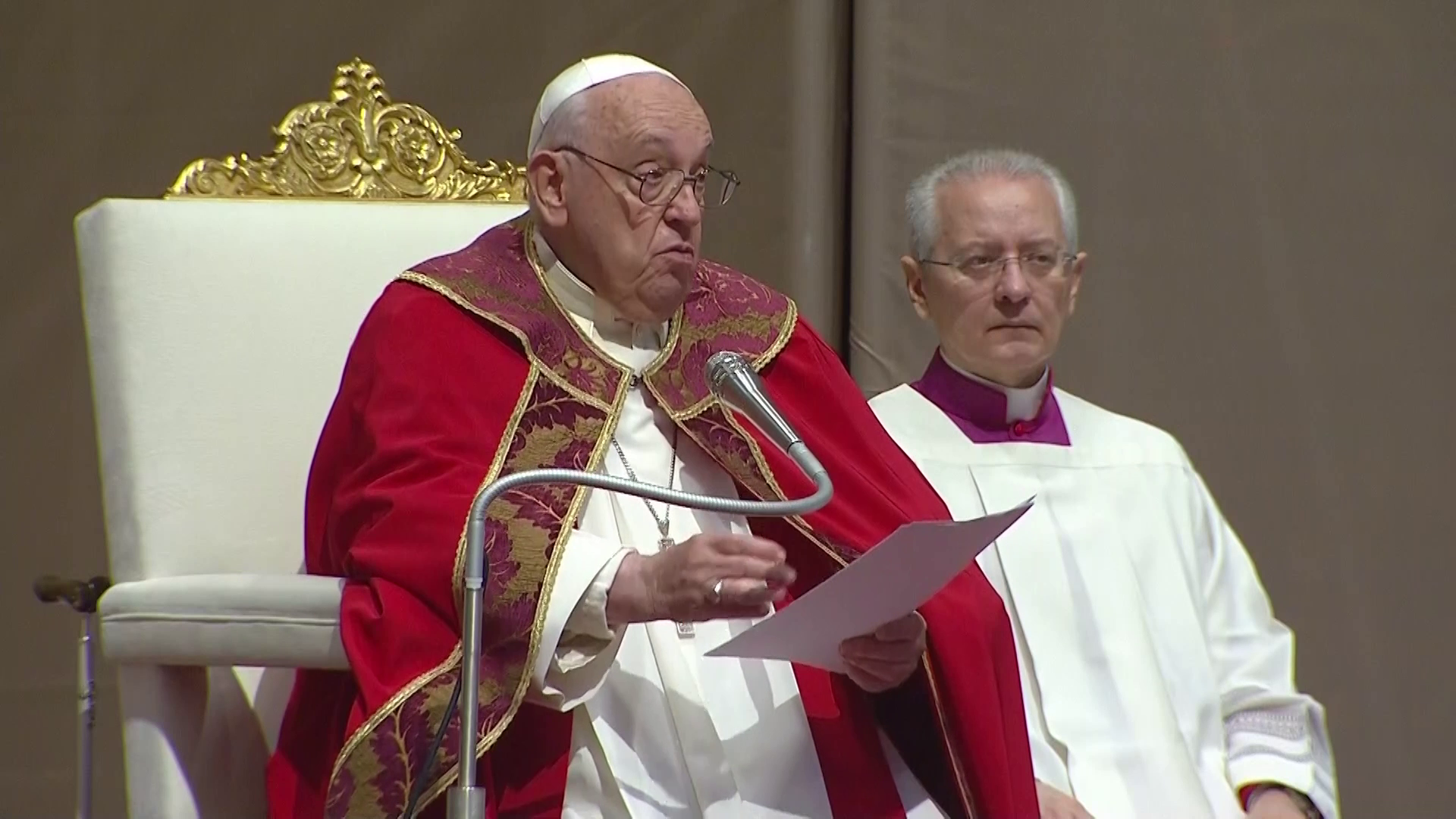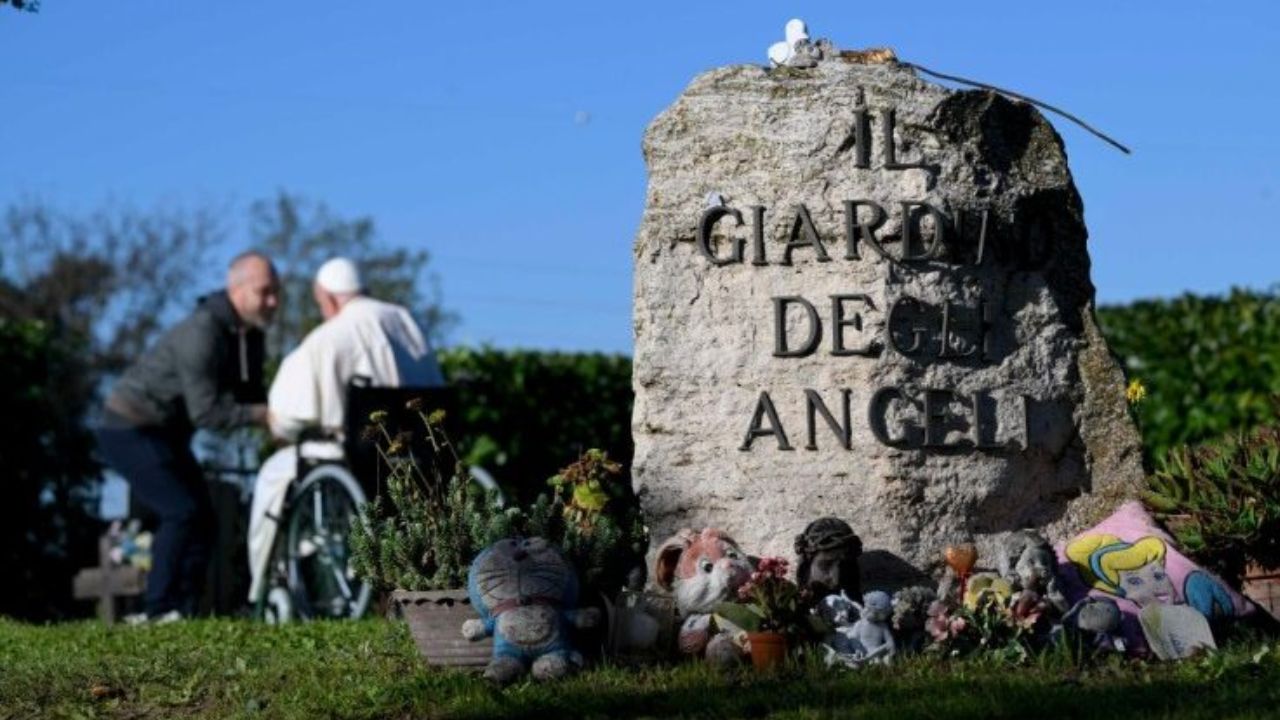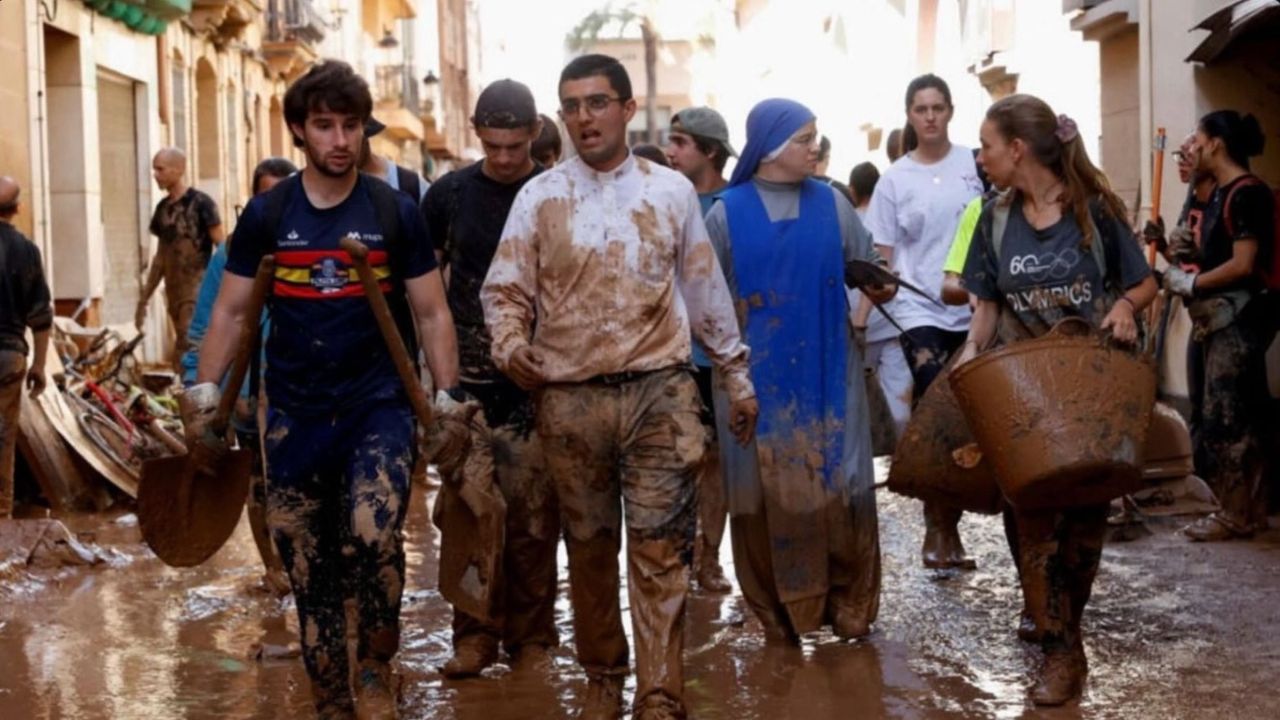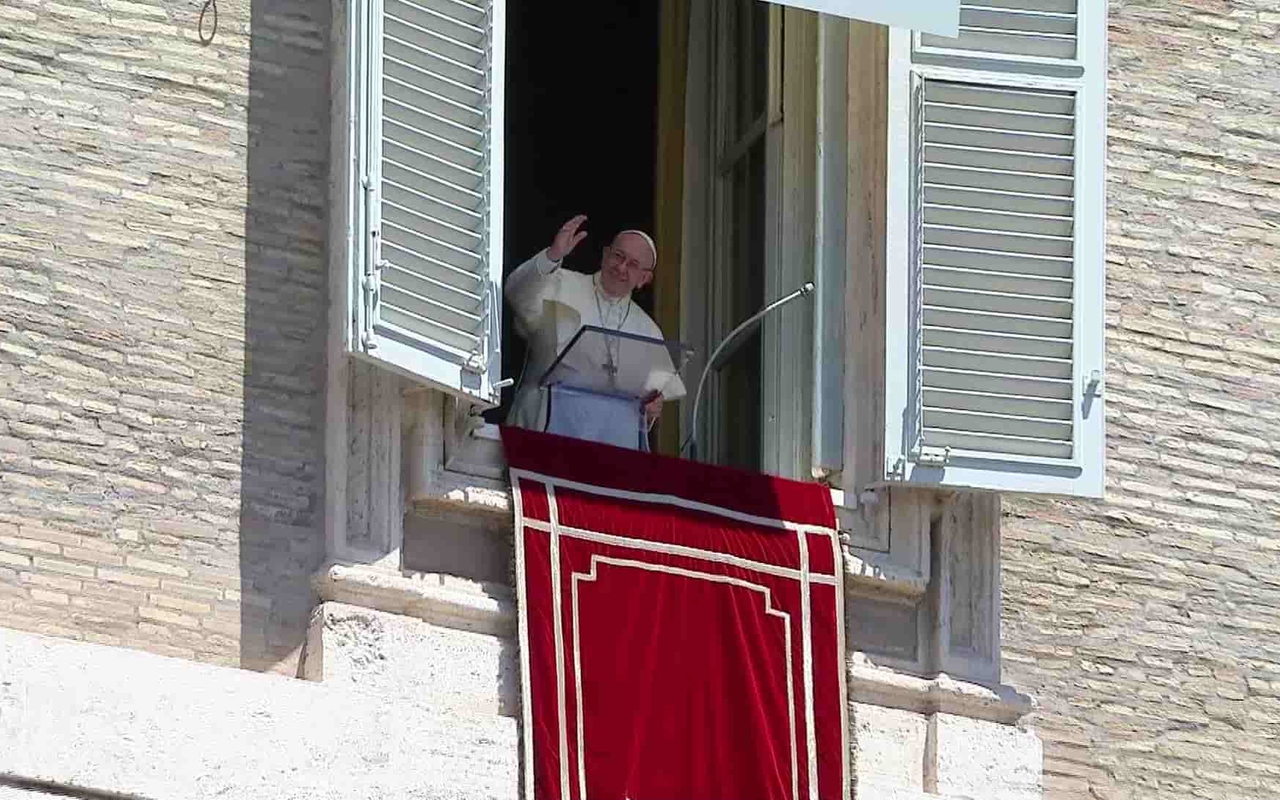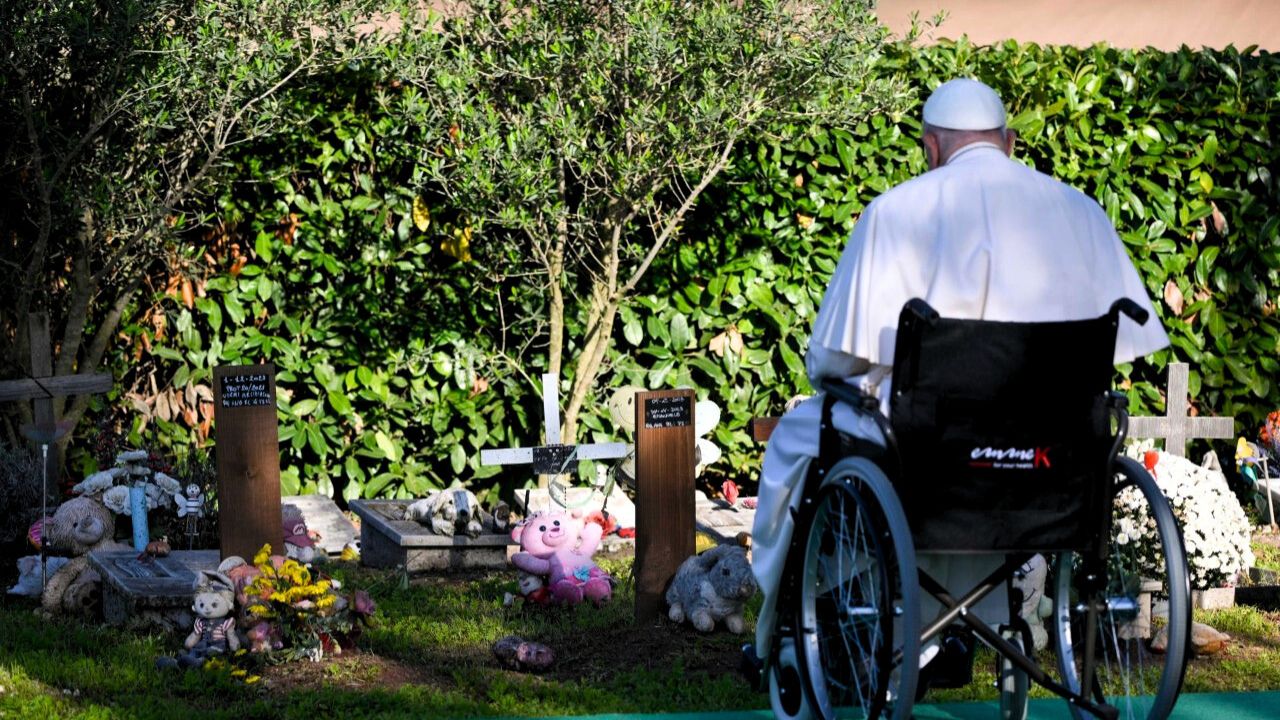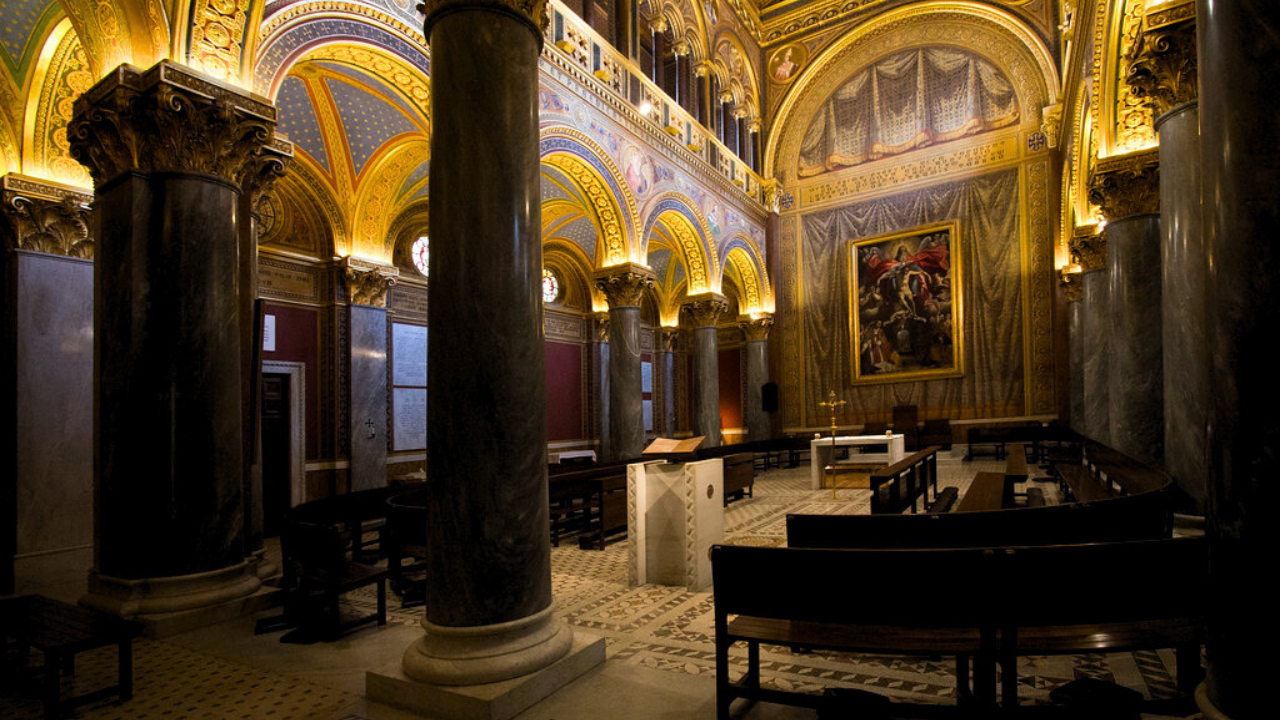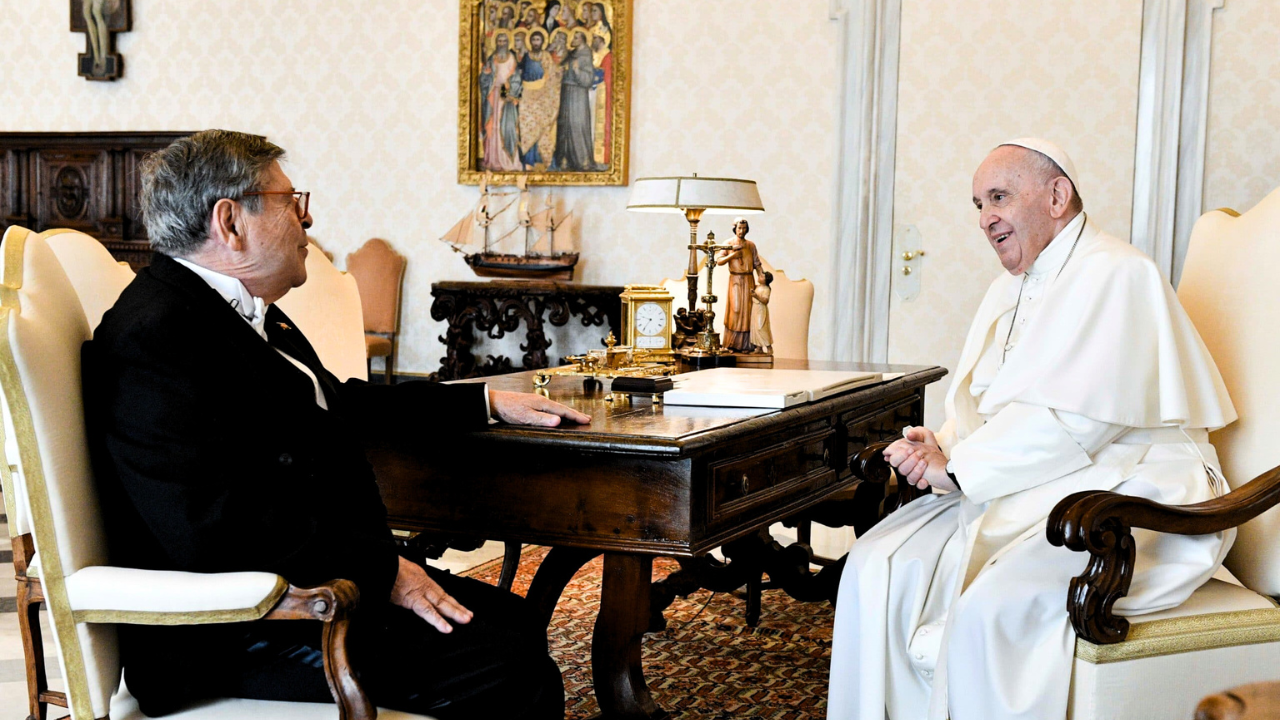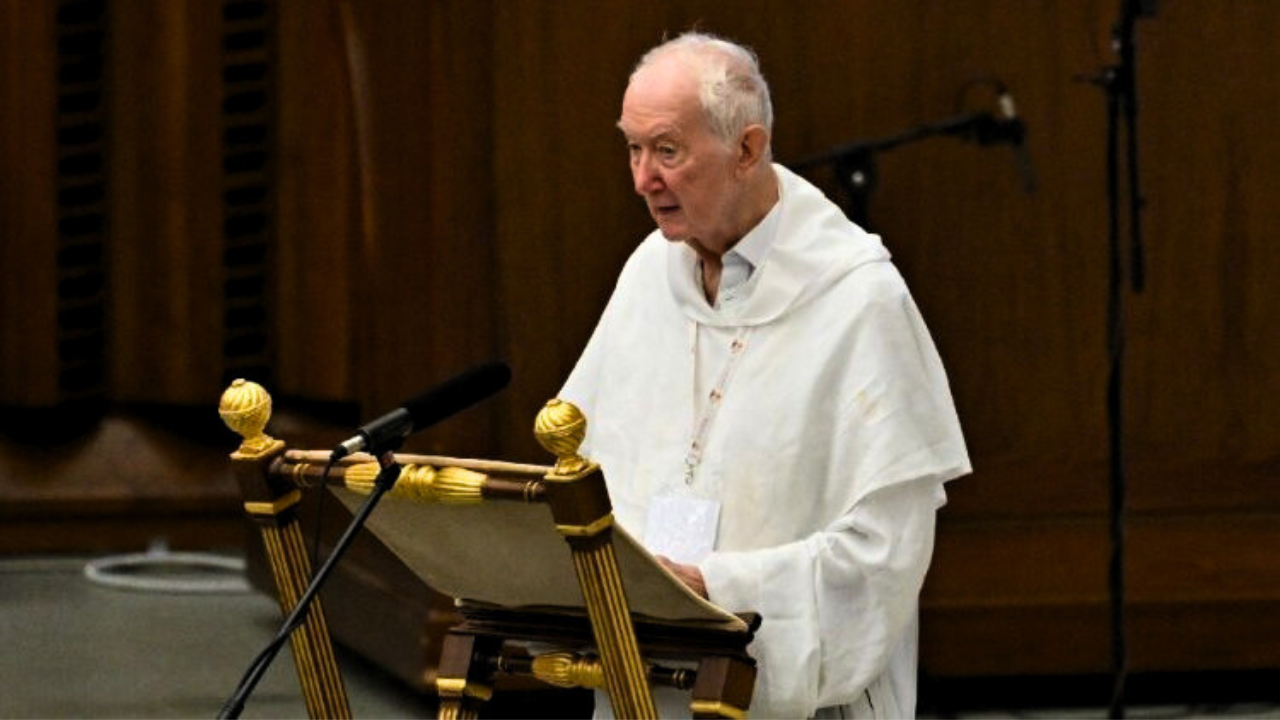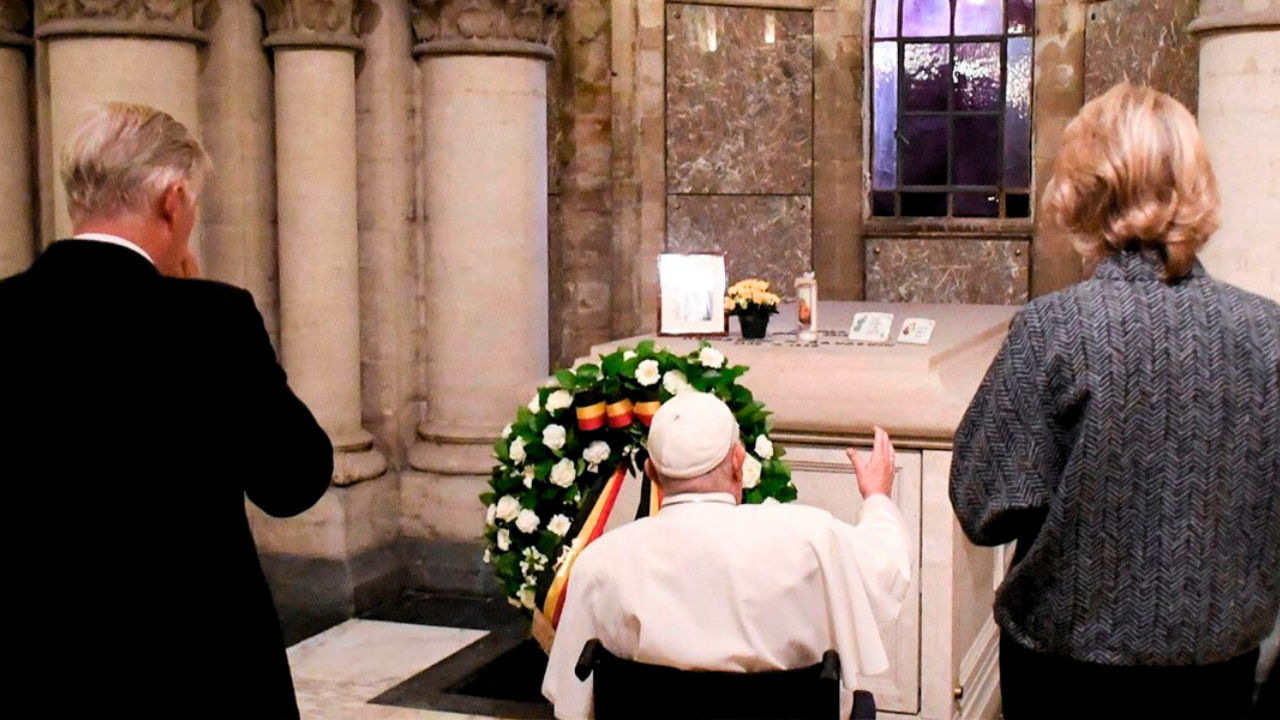The struggle against the sexual abuse crisis in the Church has highlighted the need to manage information in order to avoid both extremes: excessive secrecy and excessive transparency.
Anyone accused of abuse of any kind must be properly investigated before being judged. At the same time, the privacy of victims and survivors must be protected. And the community too has the right to be informed.
That's what lead two professors from the Pontifical University of the Holy Cross to publish a guidebook titled, “Transparency and Secrecy in the Catholic Church.”
FR. JORDI PUJOL SOLER
Co-author
Secrecy does not exist to cover up things that are done wrong. Secrecy exists to protect very precious assets—such as privacy and intimacy—and never to cover things that are wrong. That is why secrecy must be present when there is a circumstance that justifies it, but, first of all, openness, information and transparency.
The book also addresses the question of how seminaries should train candidates to build and maintain relationships with their future parishoners.
FR. JORDI PUJOL SOLER
Co-author
The faithful have the right to ask questions and to hold those who govern accountable. To ask, “How are you preparing the candidates for priesthood?” This training also involves emotions. So, it seems to me that this is a very positive way of seeing the role of women in the Church, but not clericalizing them. In fact, it would be good to include women in the training process of seminarians.
This book gives great importance to understanding the role of women in the Church and not only when it comes to seminary training. As the book states, seminarians need to learn how to prepare for interactions with parishoners and to manage relationships among people from all walks of life.
JAVIER NAVARRO
Editorial Director, PPC
There needs to be training, especially in seminaries, to know where the boundaries are. Some people demand a lot from you and look for the affection they cannot find elsewhere.
For this reason, this book hopes to improve the process of education and reflection on difficult cases in the Church. The guidebook was presented at the headquarters of the Pontifical Commission for the Protection of Minors, just a few days before the Pope met with a Latin American institution specializing in abuse prevention training.
JRB
TR: AT
